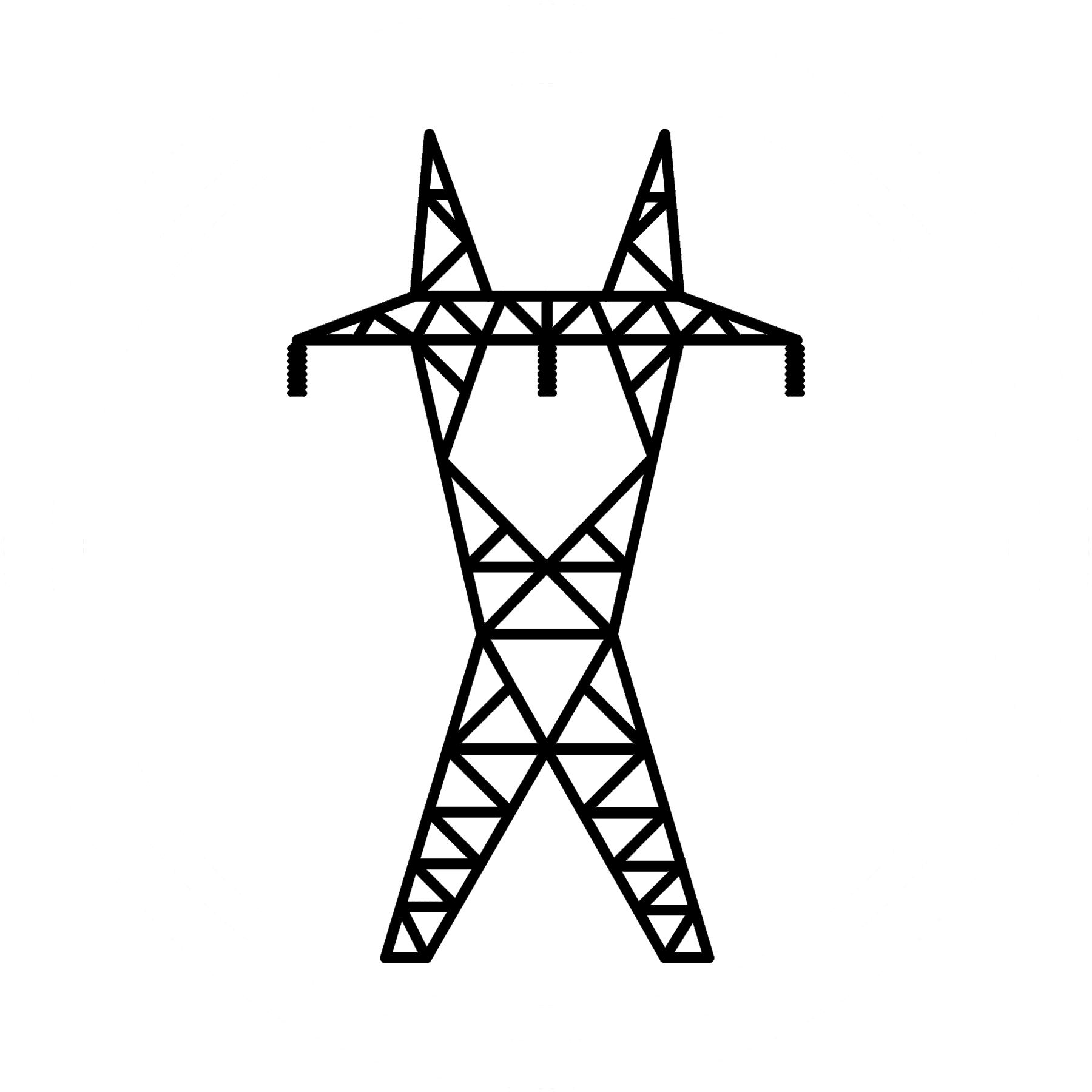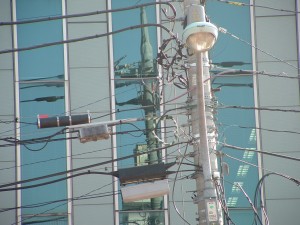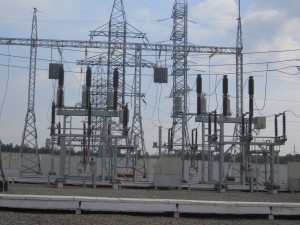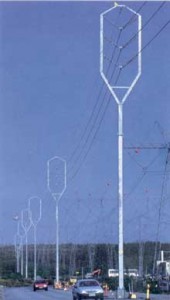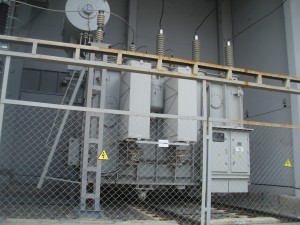Our students under the guidance of experienced teachers take part in the scientific life of the department and the university. Scientific experiments, exhibitions, seminars, conferences and so on.
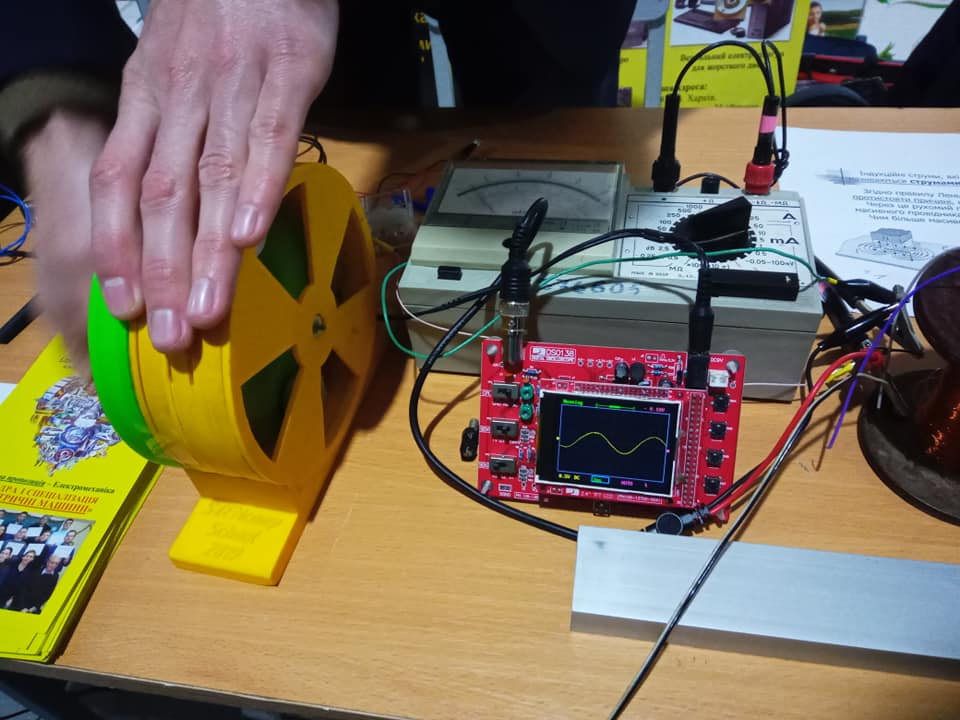 |
 |
Our creative youth has a place to put their interest. You can get acquainted with the work of the ELECTROLIUM group on facebook https://www.facebook.com/groups/ELECTROLIUM/
But all this after learning and mastering the relevant disciplines and safety rules. Electricity is knowledge and responsibility.
The educational process, organized by the staff of the department, is based on modern scientific and technical literature and regulations taking into account socio-economic aspects in the country, which allows to consider the design, automation and operation of electrical networks and systems to ensure quality and reliable electricity supply to consumers. levels of the power system.
MAIN EDUCATIONAL DISCIPLINES
ELECTRICAL NETWORKS AND SYSTEMS , including DISTRIBUTION NETWORKS, SYSTEM-FORMING NETWORKS are one of the main courses of specialty, which lays the foundation for the training of power engineers; knowledge with physical principles of functioning of electric networks and systems, bases of designing, methods of calculation and the analysis of the established modes of their work is formed.
The curriculum is optimal for the training of specialists in the electricity industry. Since during the study period, students study all aspects of electrical systems and networks, including power supply systems. Theoretical skills are closely intertwined with the practical implementation of the acquired knowledge. All practices provided for in the curriculum are held at enterprises and organizations in the electricity industry. During this period, students participate in the design and construction of power lines, high-voltage substations (including digital), in the laying of modern cable lines (including insulated with cross-linked polyethylene), work in the departments of operation and commissioning of high-voltage power equipment and relay protection.
The study of disciplines allows you to know:
- terminology;
- basic normative materials;
- physical processes in electrical networks and systems;
- element replacement schemes; methods of electrical calculation and calculation of power and electricity losses in open and closed electrical networks;
- main economic indicators and criteria of technical and economic analysis;
- principles of construction of schemes of electric networks.
TRANSITIONAL PROCESSES IN ELECTRIC POWER NETWORKS AND SYSTEMS , includes the study of ELECTROMAGNETIC and ELECTROMECHANICAL TRANSITIONAL PROCESSES , which allows to study in full; using computer simulation to calculate short-circuit currents and stability; analyze modes of operation and apply methods of emergency response.
Studying the discipline allows you to know:
- basic definitions and conditions of existence of emergency regimes;
- calculated replacement schemes in emergency modes;
- classification of emergency modes and ways to eliminate them.
FUNDAMENTALS OF OPERATION OF OBJECTS OF ELECTRIC NETWORKS AND SYSTEMS forms an idea of the technical condition and functioning of the objects of electric networks and systems; organizational structure of operational maintenance and emergency and recovery works on the objects of electric power networks and systems.
Studying the discipline allows you to know:
- operation of equipment and organization of repair and restoration works;
- evaluate and control the use of equipment resources of electrical networks and systems;
- perform on the basis of static data analysis of damage to objects, to influence the level of electricity losses and indicators of its quality.
